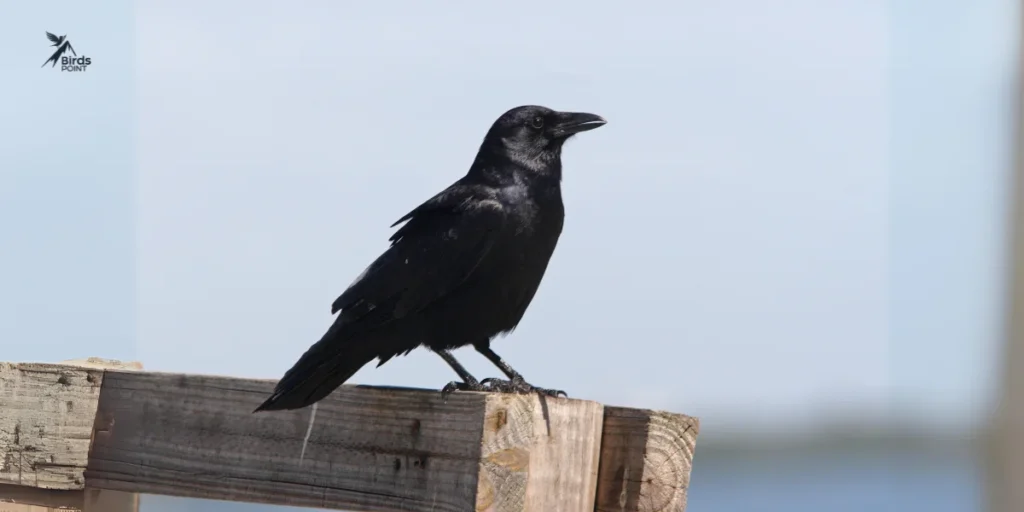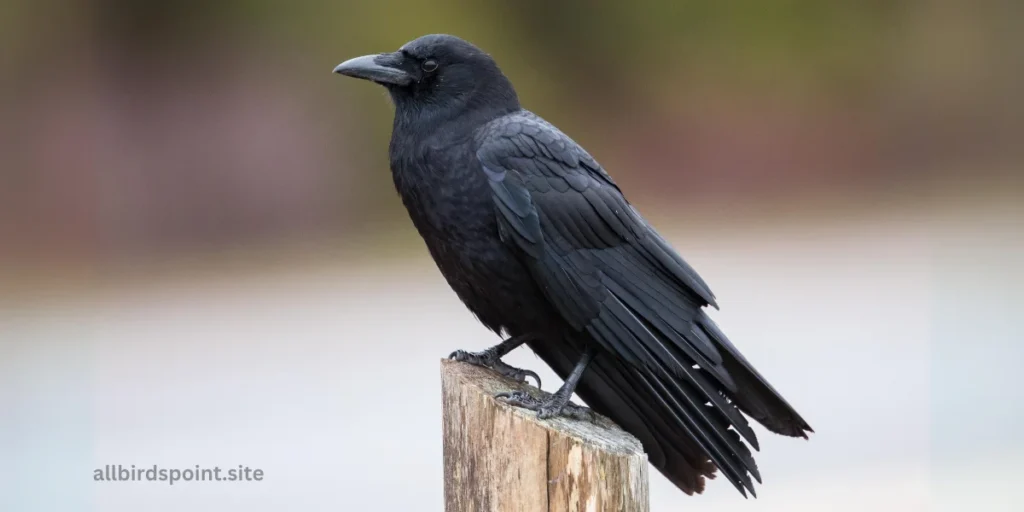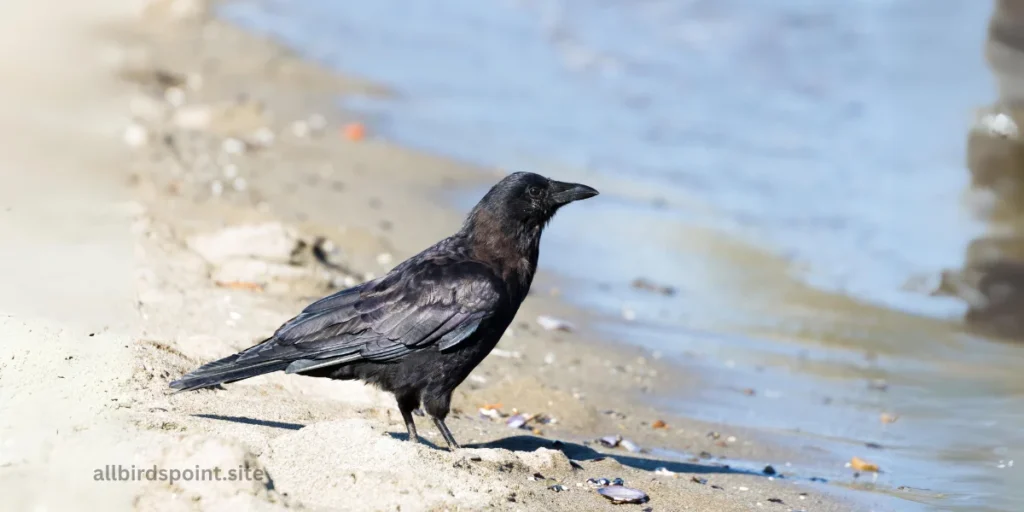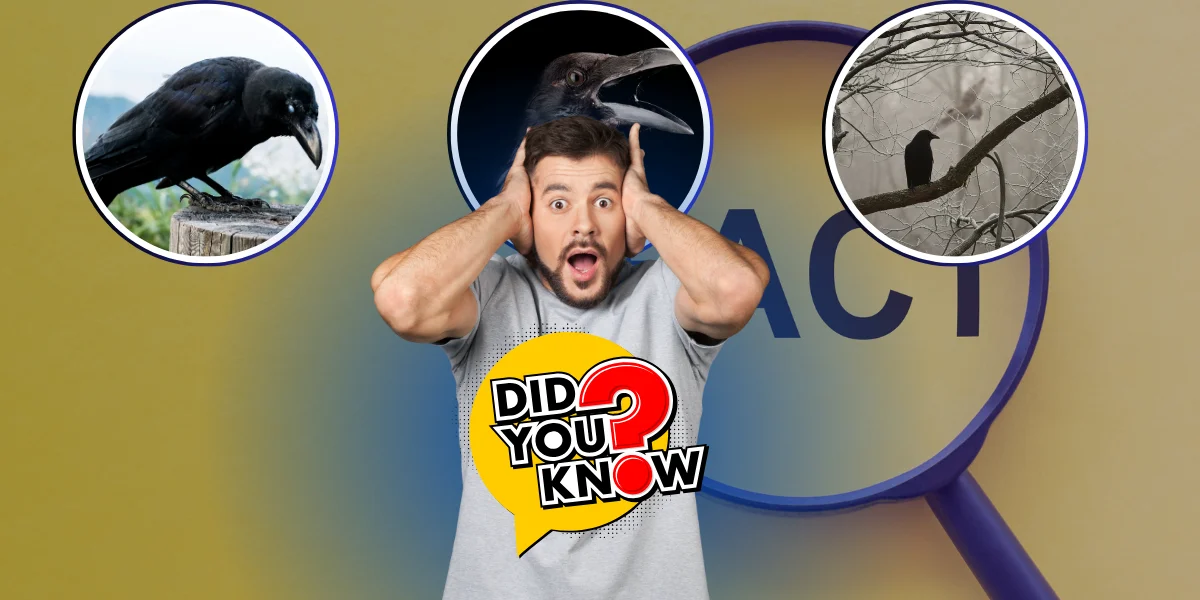Crows are some of the smartest and most adaptable birds in the world. While many people see them as just noisy, black birds, there’s so much more to crows than meets the eye. From using tools to planning for the future, these birds have many surprising abilities. In this article, we’ll explore 21 amazing facts about crows that will change how you see them!
1. Crows Have Unique “Accents” Depending on Where They Live
Just like humans speak in different accents, crows from different regions have unique calls. A crow living in a busy city may sound different from one in a quiet rural area. These “dialects” help crows communicate with their local group.
2. Crows Can Imitate Other Animals’ Sounds
Crows are excellent mimics. They can copy the sounds of other birds and even some animals to trick them. For example, a crow might mimic a predator’s call to scare other animals away from a food source, giving the crow a chance to eat in peace.
3. They Use Ants for Feather Care
Crows engage in a behavior called “anting.” They let ants crawl over their feathers or even crush ants and rub them on their bodies. The ants release formic acid, which helps keep parasites away and keeps their feathers clean.

4. Crows Can Plan for the Future
Crows have been observed saving tools and food to use later, which shows they can plan ahead. In experiments, they have stored items they will need for future tasks, just like humans do when preparing for tomorrow.
5. They Understand Abstract Concepts
Crows can understand abstract ideas like similarities and differences between objects. In experiments, crows matched objects based on their shape or color, which shows they can think in ways that are similar to young children.
6. Crows Recognize Themselves in Mirrors
Not many animals can recognize themselves in a mirror, but crows can! This means they have a level of self-awareness similar to great apes and dolphins.
7. They Can Sense Emotions of Other Crows
Crows are emotionally intelligent. If they see another crow in distress, they may react with concern and even comfort the distressed bird. This shows that they are sensitive to the feelings of their fellow crows.
8. Crows Are Excellent Problem-Solvers, Even Under Pressure
In challenging situations, crows quickly change their strategies if something isn’t working. For example, if they can’t access food one way, they’ll try another approach. This flexibility shows their impressive problem-solving skills.
9. Crows Hold “Meetings” to Resolve Conflicts
When crows have disagreements, they gather in groups and seem to discuss the problem. These gatherings help them settle conflicts and strengthen their social bonds.
10. Their Eye Color Changes with Age
A crow’s eyes change color as they grow. Baby crows have blue-gray eyes, which darken to brown or black as they mature. The eye color can also indicate their age and status in the group.
| Crow Age | Eye Color |
|---|---|
| Juvenile | Light blue-gray |
| Adult | Dark brown or black |
11. Crows Can Be Left- or Right-Beaked
Similar to how humans can be left- or right-handed, some crows prefer using one side of their beak more than the other when handling objects.
12. They Can Do Basic Math
Believe it or not, crows can count! They can distinguish between different numbers and even perform simple addition and subtraction, which helps them in finding food and avoiding predators.
13. Crows Have a Great Memory
Crows have an excellent memory, especially when it comes to people. They can remember the faces of humans who were either kind or mean to them for years and even teach other crows to recognize those people.
14. They Trick Each Other to Protect Their Food
Crows are clever enough to deceive other birds. If they feel like another crow is watching, they may pretend to hide food in one spot but secretly hide it somewhere else to protect their stash.
15. Crows Hold “Funerals” for Their Dead
When a crow dies, other crows gather around the body, cawing loudly. Scientists think this may be their way of learning what caused the death so they can avoid similar dangers.

16. Crows Can Adapt to Different Climates
Whether it’s a cold winter in Canada or a hot summer in Southeast Asia, crows can adjust to their environment. They change their habits based on the climate to find food and shelter.
17. Crows Sometimes Bring Gifts to Humans
There are many stories of crows bringing shiny objects, small trinkets, or even food to humans who are kind to them. This is a way for crows to show appreciation and build a friendly relationship.
18. Crows Can Swim When Needed
While they aren’t known for being water birds, crows can swim if they fall into water. They use their wings to paddle to safety, just like ducks do.
19. They Teach Their Young Survival Skills
Parent crows don’t just abandon their young after they hatch. Instead, they teach their babies important skills like finding food, avoiding predators, and recognizing threats. This training can take several years.
| Crow Behavior | Purpose |
|---|---|
| Teaching young survival skills | Ensures the survival of the next generation |
| Sharing food within family | Strengthens family bonds |
| Using tools to find food | Shows intelligence and problem-solving |
20. Crows Mimic Sounds to Confuse Predators
Crows can imitate sounds, including the calls of other birds like hawks. By mimicking these sounds, they can scare away predators or protect their nests.

21. They Form Friendships with Other Animals
Crows sometimes form unlikely friendships with other animals, like dogs and cats. They have been seen playing games or sharing food with these animals, especially if they see them often in their territory.
Conclusion
Crows are truly fascinating creatures with a surprising range of skills and behaviors. From tool use to emotional intelligence, they have abilities that many people don’t know about. These birds are not just survivors; they’re also thinkers, planners, and even friends to humans who treat them kindly.
By learning more about crows, we can appreciate these intelligent birds and the important role they play in nature.
Here’s a more concise version of the FAQs:
FAQs
1. Are crows the smartest birds?
Yes, crows are highly intelligent, capable of using tools, solving complex problems, and even planning for the future.
2. How long do crows live?
Crows can live for 10 to 15 years in the wild, and sometimes up to 20 years.
3. Can crows recognize human faces?
Yes, crows can remember human faces and can even hold grudges or show appreciation toward certain people.
4. Do crows use tools?
Yes, crows can create and use tools like sticks, twigs, and leaves to retrieve food or solve problems.
5. Why do crows gather around dead crows?
Crows often gather around deceased members of their species as part of a mourning behavior and to learn about potential threats.
6. Do crows play with other animals?
Yes, crows have been seen playing with other animals, such as dogs, and this helps them form social bonds.
7. Can crows imitate sounds?
Yes, crows can mimic various sounds, including human speech and other animal calls.
8. Do crows help each other?
Yes, crows are social and will share food, protect one another, and even help other animals in need.
9. Are crows territorial?
Yes, crows defend their territories, especially during the breeding season.
10. What do crows eat?
Crows are omnivores and eat a wide variety of food, including fruits, small animals, insects, and food scraps.

1 thought on “21 Interesting Facts About Crows You May Not Know”